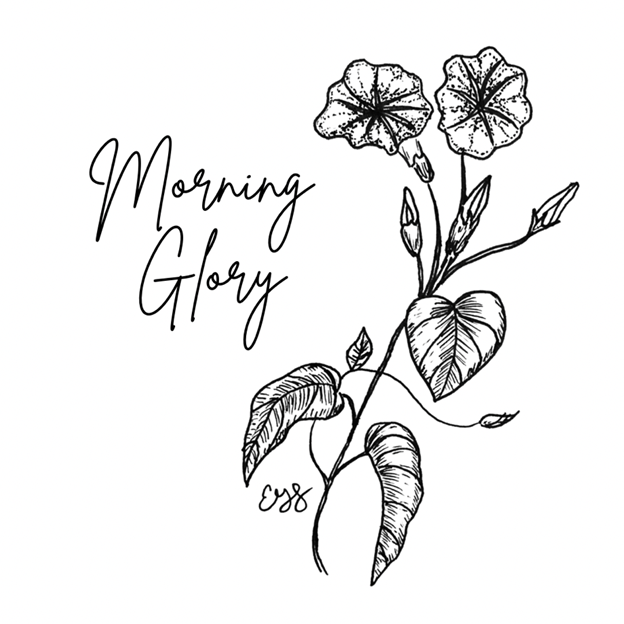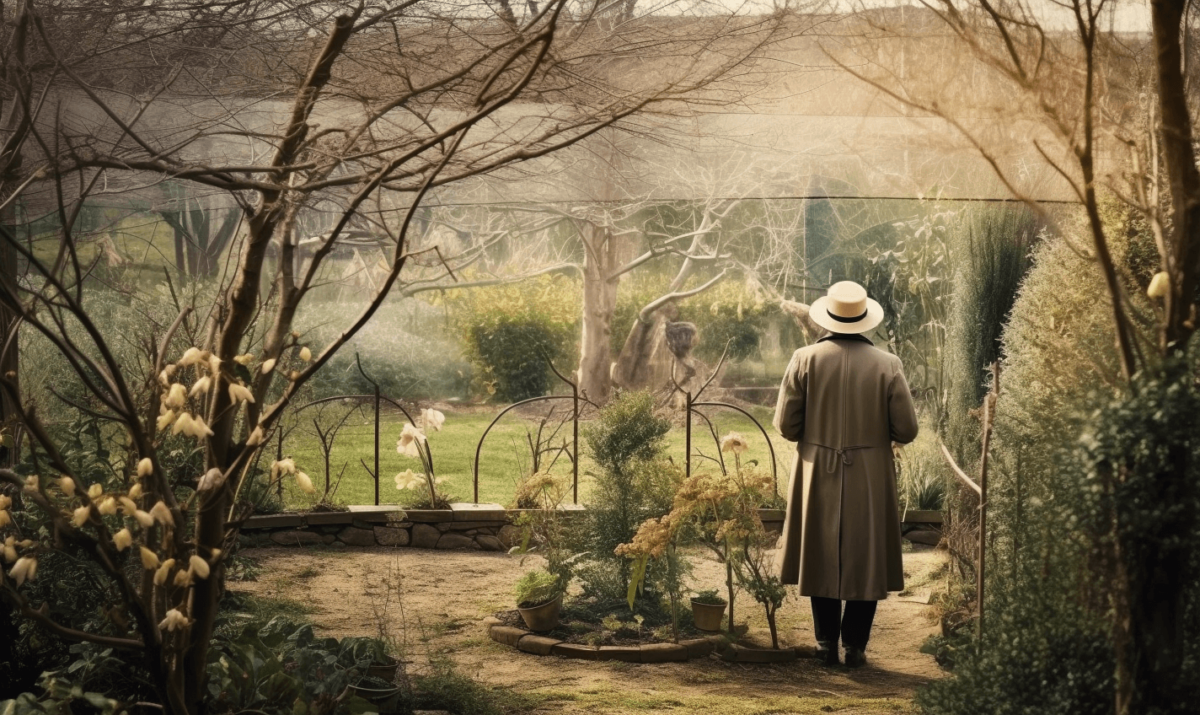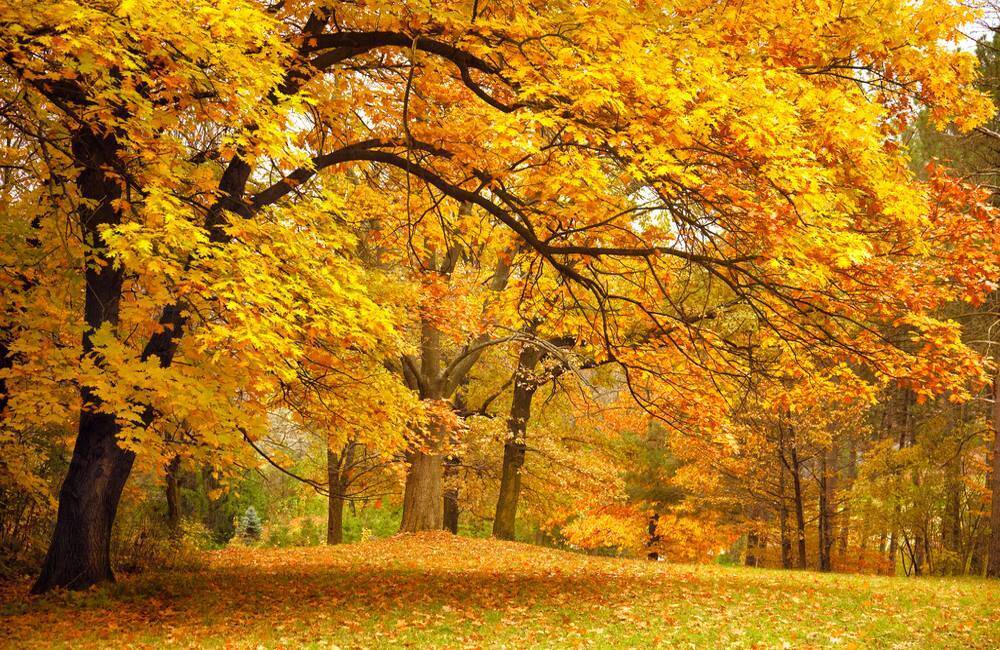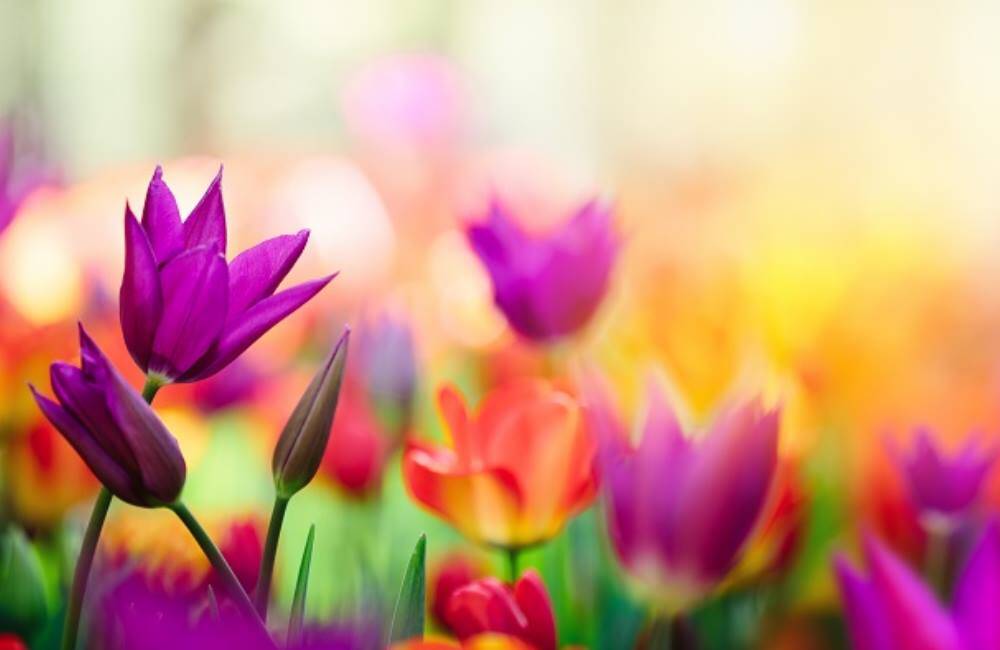Reflections from the Iris Respite House Healing Gardens – May 2023
Morning glory flowers shine in the morning, bloom vibrantly through the day and then stagger toward their end in the evening. Life, death and rebirth, all in 24 hours, and all on the vine of a plant many people regard as a weed! The ebb and flow of life is our focus for May. At the moment, the Hope Grows healing gardens are most definitely in a state of genuine flow, and perennials, perfect examples of this, are leading the charge. Right now, bursting forth with blooms and leaves, they seem to grow several inches overnight, it’s flow time! By November, though, they will all be in ebb, the leaves and stalks drying up. Hence, the out and in breath of Mother Earth at Hope Grows.
In our often-greedy American culture, it’s easy to be blinded by images of a culture in constant flow. Buy more, eat more, earn more, go more, be more! I certainly am guilty of getting sucked in by that. Nature, and real life, however, are completely different. Ebb and flow in nature is unavoidable. It’s built into the system. Its why people preserve fruit and vegetables, and squirrels stash nuts. In our adult lives, especially during our working years, we try and guard against ebb as much as possible by making a living. Prudent souls, cognizant of the rhythms of nature, will save money for a time when they may not have the flow of money from work. Those that mistake periods of flow for constant, may not be as wise.
I think it’s one of the lessons from the garden. Our days are full of gains and losses, high tides and low tides, growth and die back. It’s as natural as the rising and setting sun. The challenge for us as humans is to wisely maneuver both states. Do you try and control ebb and flow, make it work on your time? Or can you just let it be? Can you be grateful for both? Or are you too afraid of ebb? Can you respect both states of mind? Can you stand as tall in ebb as you do in flow? Can you maintain flow? Without regular maintenance, even the most beautiful of gardens in full flow can get out of control, and you run the risk of losing your harvest, diminishing one of flow’s greatest benefits. The best gardeners will know how to work the land in both states.
Today, actually, is my Hope Grows anniversary, as I call it, my Hope Growsiversery! As I write this reflection, I am celebrating 2 years to the day of working and learning in the Hope Grows gardens. And I’ve started to trust the garden. It’s taken a while, but before experiencing the grounding rhythms of the garden’s ebb and flow, I was a ball of worry and stress. I had not learned how to trust the land. It’s only been this spring, after the reassurance that comes from experiencing something twice, that I’ve been able to feel some of my anxiety fall away. I can almost hear the plants laughing at me, after 2 years, saying we knew what we were doing all along, glad you finally caught on!
In the coming weeks, I will be planting our 2023 cut flower garden. For me to harvest the flowers, I have to usher that garden out of ebb and into flow. This includes adding compost to the soil, choosing the most optimal spots for all the seedlings, watering and fertilizing. When those plants flow with flowers, I will give thanks to God for the bounty, and then I get to do one of my favorite parts of my job: cutting and selling bouquets, which wouldn’t be possible, nor seem as sweet, without all the previous season’s ebb. The next time you find yourself in a state of ebb, resist the temptation to fear or look down on it. Instead, try giving thanks, and keep an open mind, for the stage may be ‘being set’ for a flow you never could have imagined.
Written By
Jessica Giannotta




